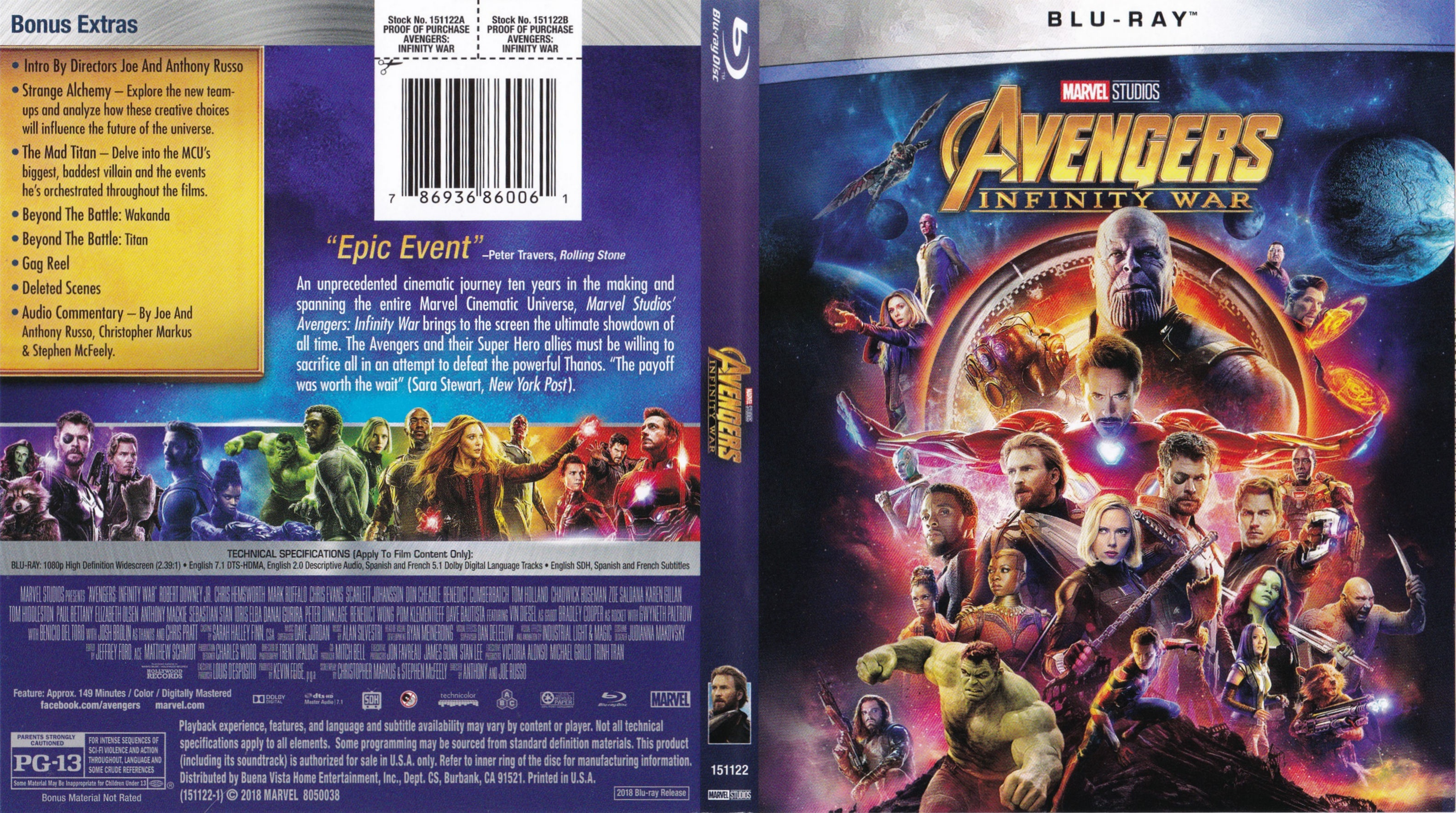
You can watch the item as often as you want, but the terms specify that you can’t “sell, rent, lease, distribute, publicly perform or display, broadcast, sublicense or otherwise assign any right to the Content to any third party.” You probably already know this: Just because you purchased and downloaded a movie doesn’t mean you can burn it to a DVD and sell the DVD-among other reasons, because you would have to crack the digital rights management on the file, which is also expressly forbidden. When you order or view Content and pay any applicable fees, you will be granted a non-exclusive, non-transferable, non-commercial, limited license to access, use and/or view the Content in accordance with any usage rights contained herein and additional terms that may be provided with your devices and/or with such Content (“Usage Rights”). Let's take a look at the FandangoNow/Vudu terms of service, which are fairly typical. I mean, let’s be honest: If an 8K sensurround remaster of The Lord of the Rings comes out in 2030, are you going to care about the 1080p version you bought on Vudu? Effectively that license is good for as long as it really matters. What you’re purchasing in most cases is a license to watch that video or listen to that song. You don’t need to dig far into any terms-of-service agreement to find such actions expressly forbidden.įor this discussion, to own a digital file is to be able to watch or listen to that content anytime you want, with no further payments, in perpetuity-or at least as long as you can get a device to convert that ancient 4K video file into something that your brand-new holodeck on your space yacht can read.īy that definition, well, you still don’t own anything.

What do we mean, exactly, when we talk about owning something digital? Everybody knows-or hopefully everybody knows-that it doesn’t mean you can turn around and sell that digital item to someone else, broadcast it, or otherwise distribute it en masse. This doesn’t mean you’re imminently at risk of losing every digital movie and TV show you’ve ever bought at the whim of a megacorp, but it is possible. The answer is a little complex, but the short version is, no, you don’t actually own the digital media files that you purchase. But when you buy a movie from a digital service like Amazon Prime Video or Vudu, does it really belong to you? What if you buy a song on iTunes or download one to your phone from Spotify? Are these files yours forever? If you cancel the service or, as unlikely as it may seem, one of these huge companies goes out of business, what then?

As the entertainment industry shifts its distribution strategy to let people buy or rent movies closer to-or simultaneously with-their release in theaters, you may find yourself amassing a larger digital library than you’ve had in the past.


 0 kommentar(er)
0 kommentar(er)
